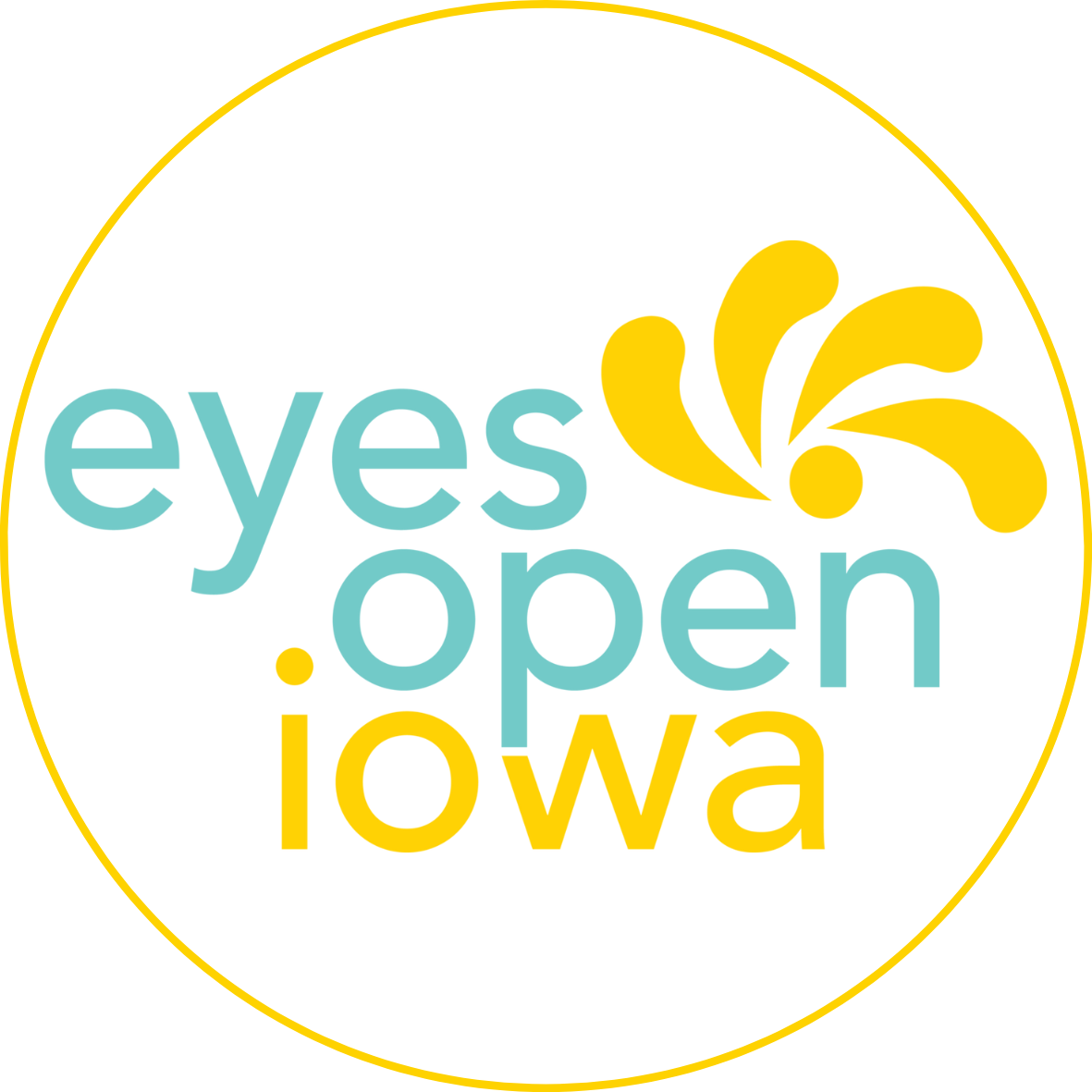September is Suicide Prevention Month
September is Suicide Prevention Month. Suicide can affect anyone, and is the second leading cause of death for young people ages 13-24. Research shows that LGBTQ+ youth are at higher risk for suicide attempts than their straight and cisgender peers--lesbian, gay, bisexual, and queer youth are 3-4x more likely to attempt suicide, and trans and gender non-conforming youth are up to 8x more likely. According to The Trevor Project, at least one LGBTQ+ youth attempts suicide every 45 seconds in the US.
These numbers are alarming, yet can be understood through knowing the challenges young people face because of their identities and expression. Queer and trans youth may experience bullying at school and online, or come from invalidating, unaccepting home environments. They are more likely to experience physical, emotional, and sexual violence as well as houselessness or unstable housing. All these issues contribute to depression, anxiety, and other mental health concerns.
It's important for adults to know the signs of depression and potential suicidality in young folks:
· Withdrawing from friends and family
· Not keeping up with their personal hygiene or general self-care
· Decreased school performance
· Talking about dying or being suicidal
· Quitting activities or hobbies they usually enjoy
· Engaging in non-suicidal self-injury (cutting, burning, bruising)
· New or increased substance use
Note: these behaviors may show up outside the context of depression or suicidal ideation, but knowing the signs and keeping communication lines open is a vital step for prevention.
What are some other ways to prevent LGBTQ+ youth suicide?
Show support through your words and actions!
This can look like showing up for LGBTQ community events, using people's correct pronouns, and not assuming every person you encounter is cis or straight.
Representation.
Kids need and deserve to see themselves reflected in the media they consume and in what they learn in school. This includes learning about LGBTQ+ historical events and figures, reading books by and about queer and trans people, and receiving inclusive sex education. Inclusive education helps to affirm LGBTQ+ young people's identities and make school safer and more enjoyable. Not only that, it reduces the risk of suicide attempts and completed suicides.
Access to gender and sexuality affirming health care.
LGBTQ+ young people have unique health care needs--both mental and physical. By seeing inclusive and affirming providers, their needs are more likely to be met, and will result in better health outcomes.
Suicide is a daunting topic, but it's necessary to talk openly and honestly about it. This breaks down the stigma and lets young people know they are not alone. It just takes one caring adult to make a difference.
Local and national LGBTQ+ resources:
The Trevor Project – hotline, live chat, and live texting
Trevor Project Crisis Hotline 1-866-488-7386
The Trans Lifeline – hotline run by and for trans people, plus other resources
877-565-8860
Iowa Safe Schools – LGBTQ+ resources for students, caregivers, and educators
Primary Health Care – affirming and inclusive sexual and general health care
One Iowa – resources for finding LGBTQ inclusive mental health counselors and LGBTQ advocacy
Elliott Nassif, Lead Implementation Specialist at EyesOpenIowa
